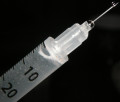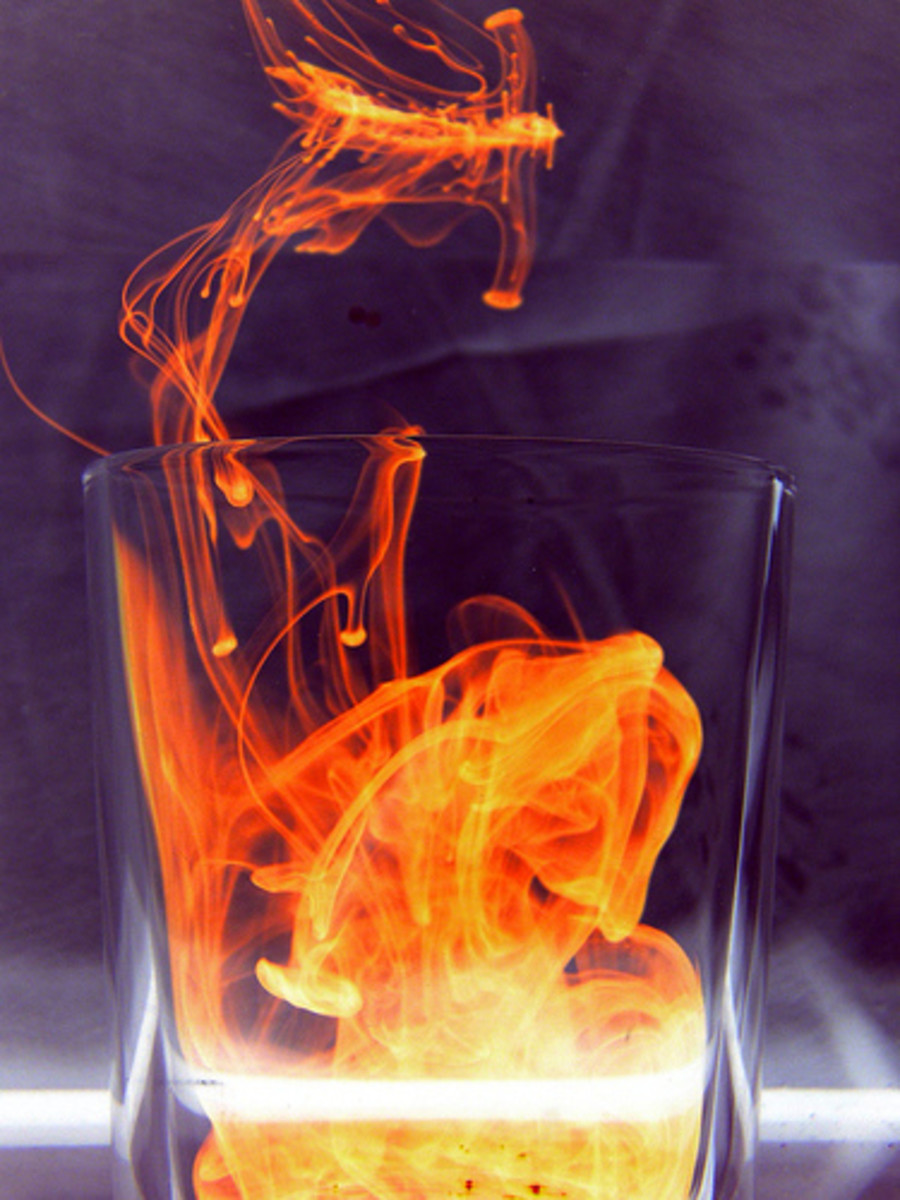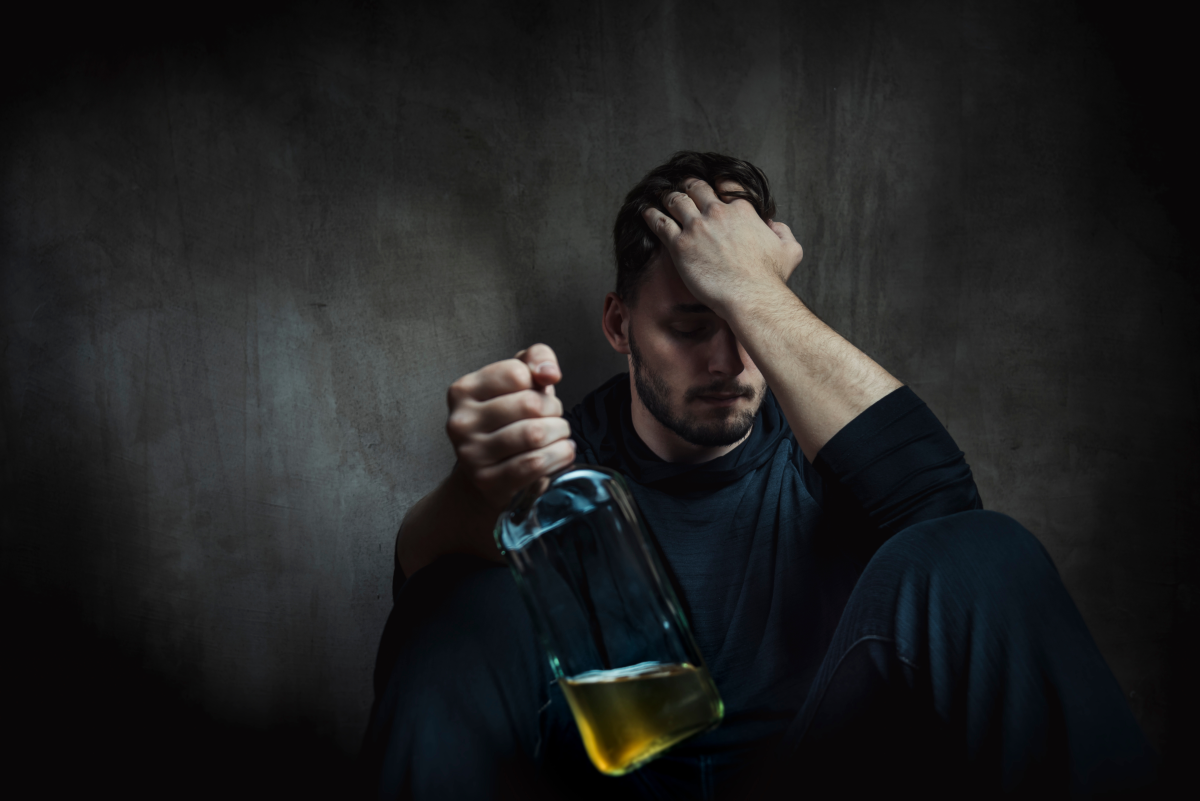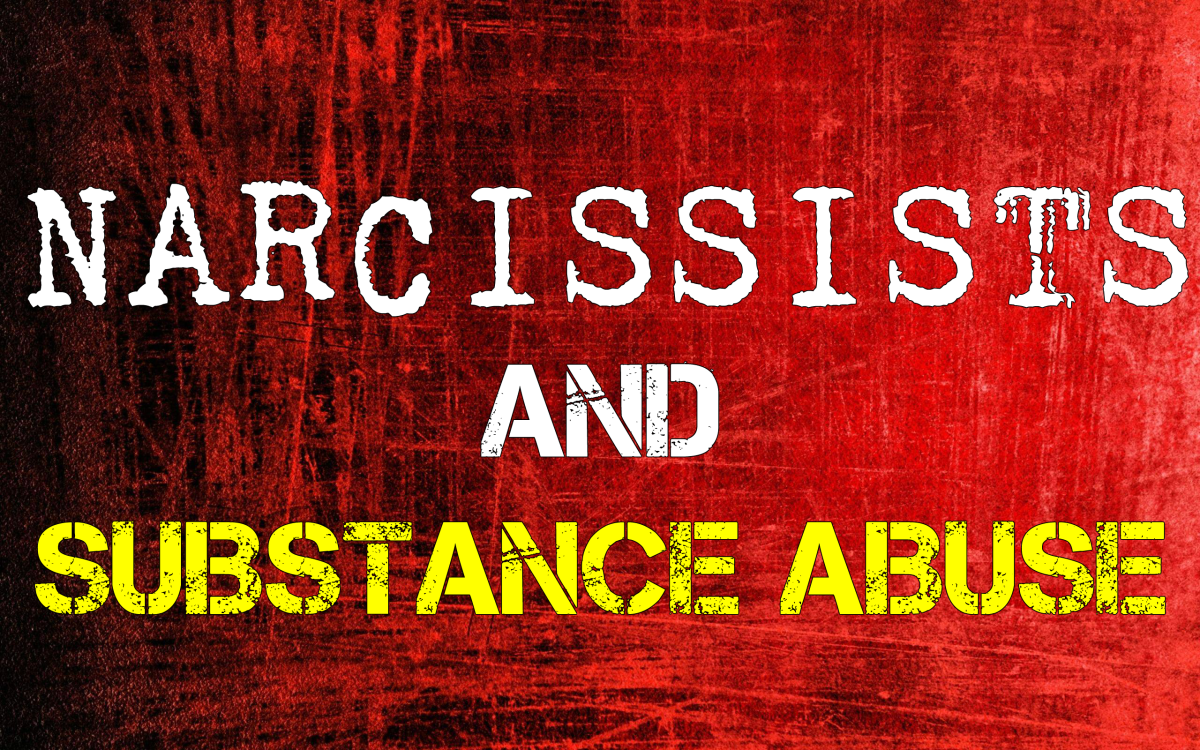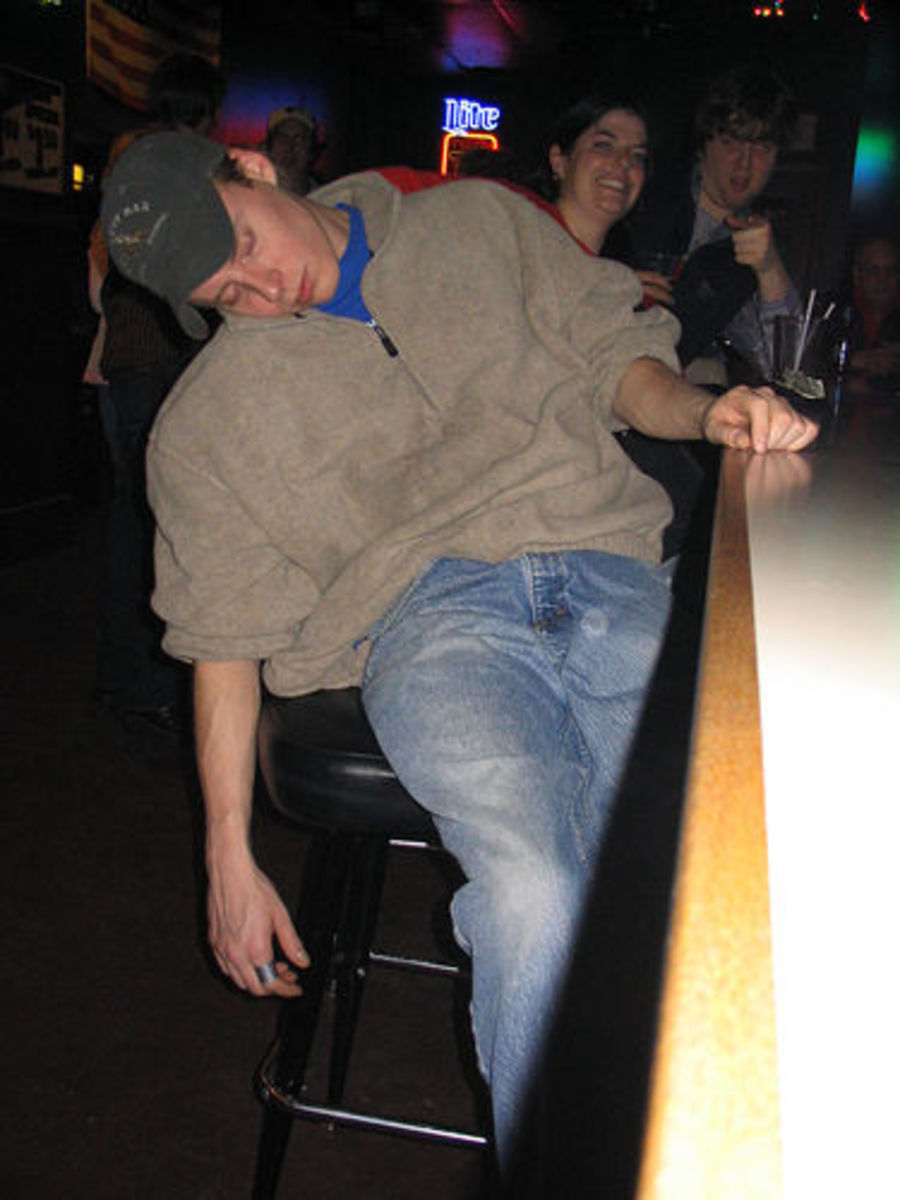- HubPages»
- Health»
- Mental Health»
- Addiction»
- Alcoholism
The risks of depression and alcohol abuse. How to get help for a dual diagnosis.

Getting help for depression and alcohol abuse
Depression and alcoholism are incredibly interlinked, and if you experience clinical depression you are far more likely to abuse drugs or alcohol; and if you abuse drugs and alcohol, you are far more likely to be depressed. Unfortunately, the two problems tend to make each other worse.
People experiencing depression will often use drugs or alcohol as a form of self medication to the negative symptoms of depression; and although intoxication can offer some transient respite from the negative feelings of depression, it almost always worsens the problem over time. With worsening depression too often comes worsening alcohol or drug use as a response…a negative and downward spiral.
Although many people with alcohol related depression are never diagnosed for their psychological problems, even those people who do receive medical attention for depression, and who do get effective prescription treatments are harmed by alcohol or drug abuse. People abusing drugs or alcohol are far less likely to take medications as prescribed and the use of alcohol or drugs can often limit the effectiveness of the psychiatric medications.
If someone is both depressed and abusing drugs and or alcohol, they need immediate help to stop substance abuse, before problems with depression get any worse.
How to get help?
When suffering with both depression and substance abuse problems, the treatment for either is made more challenging, and the severity of either problem will influence what type of treatment is most appropriate.
For most people, standard drug rehab or drug treatment is sufficient for substance abuse treatment needs, as long as the staff are trained in the needs of dual diagnosis patients. Since depressive symptoms usually get quite a lot better once the abuse is stopped and prescribed medications get a chance to work, rehab may be an ideal scenario.
A substantial pre intake assessment by the staff at any rehab facility can help a lot to ensure that appropriate care is arranged for. Past and present medical staff and case workers (if any) should be invited to participate in the development of a care plan; and should the patient need to go through a detox, the medical staff should be aware of the special needs and medications interaction challenges of a depressive patient.
Ideally, regular psychiatric check ups throughout the period of rehab and aftercare will ensure that symptoms are bettering in a way expected with a cessation of alcohol or drug use, and to monitor and modify prescribed depression medications as necessary.
Dual diagnosis patients need intervention and treatment
Because the dangers of depression and alcohol or drug abuse are more severe than with substance abuse alone, dual diagnosis patients require immediate treatment. The depression makes the substance abuse worse, and the substance abuse makes the depression worse, and things can get pretty bad unless there is intervention and appropriate therapy.
Although the treatment is more challenging and may take a bit longer, the ultimate prognosis for dual diagnosis patients is quite good, and they will respond well when given the therapies they deserve.
Aftercare participation remains vital, especially for dual diagnosis patients; and in severe cases, a case worker should be invited to check on progress made in the outside world, and who can intervene if the situation warrants it.
Depressive patients are very unlikely to initiate substance abuse treatment on their own, and it is up to concerned family and friends to get these people the help they need, and to get them help at the earliest possible opportunity.

